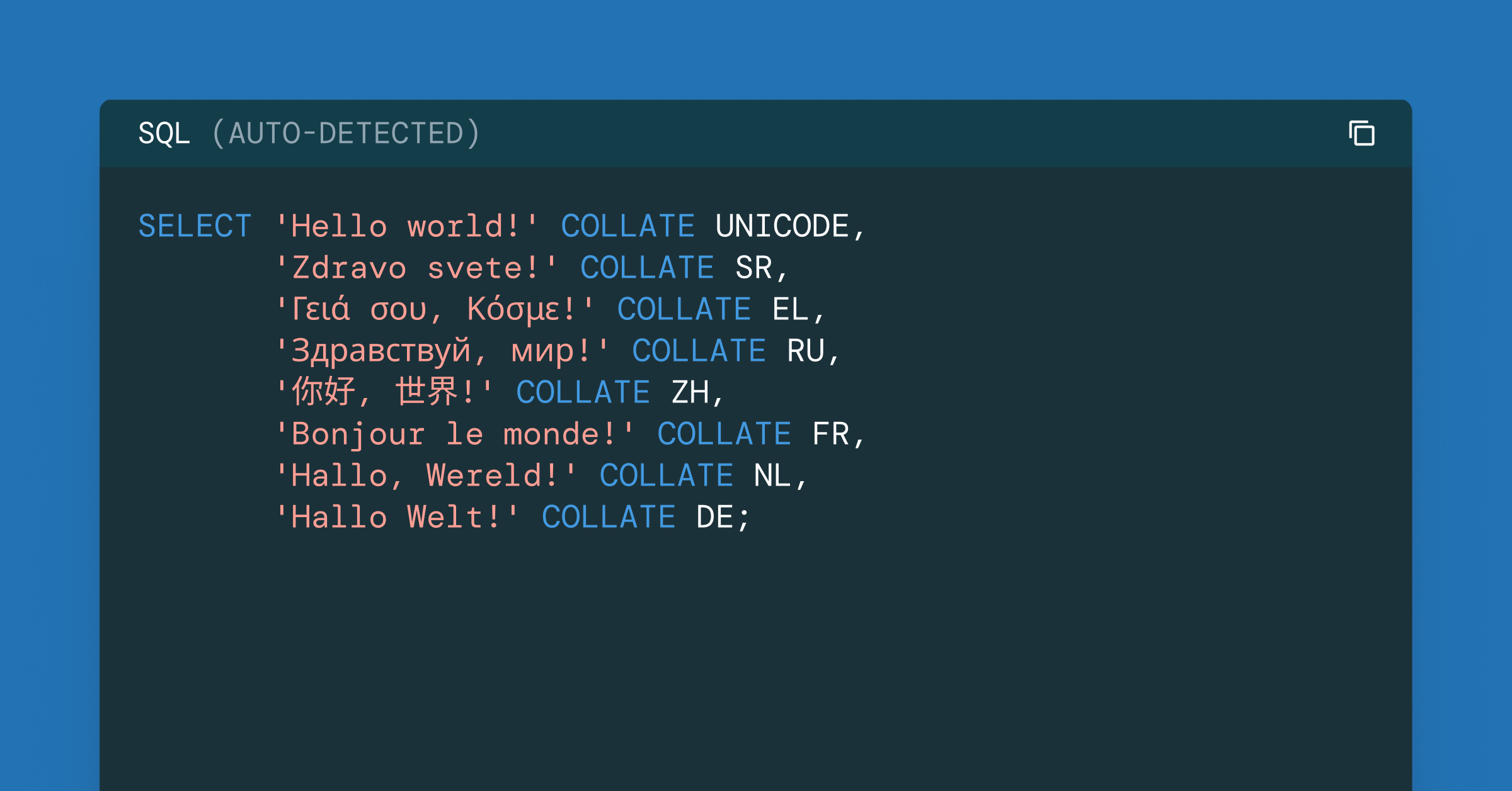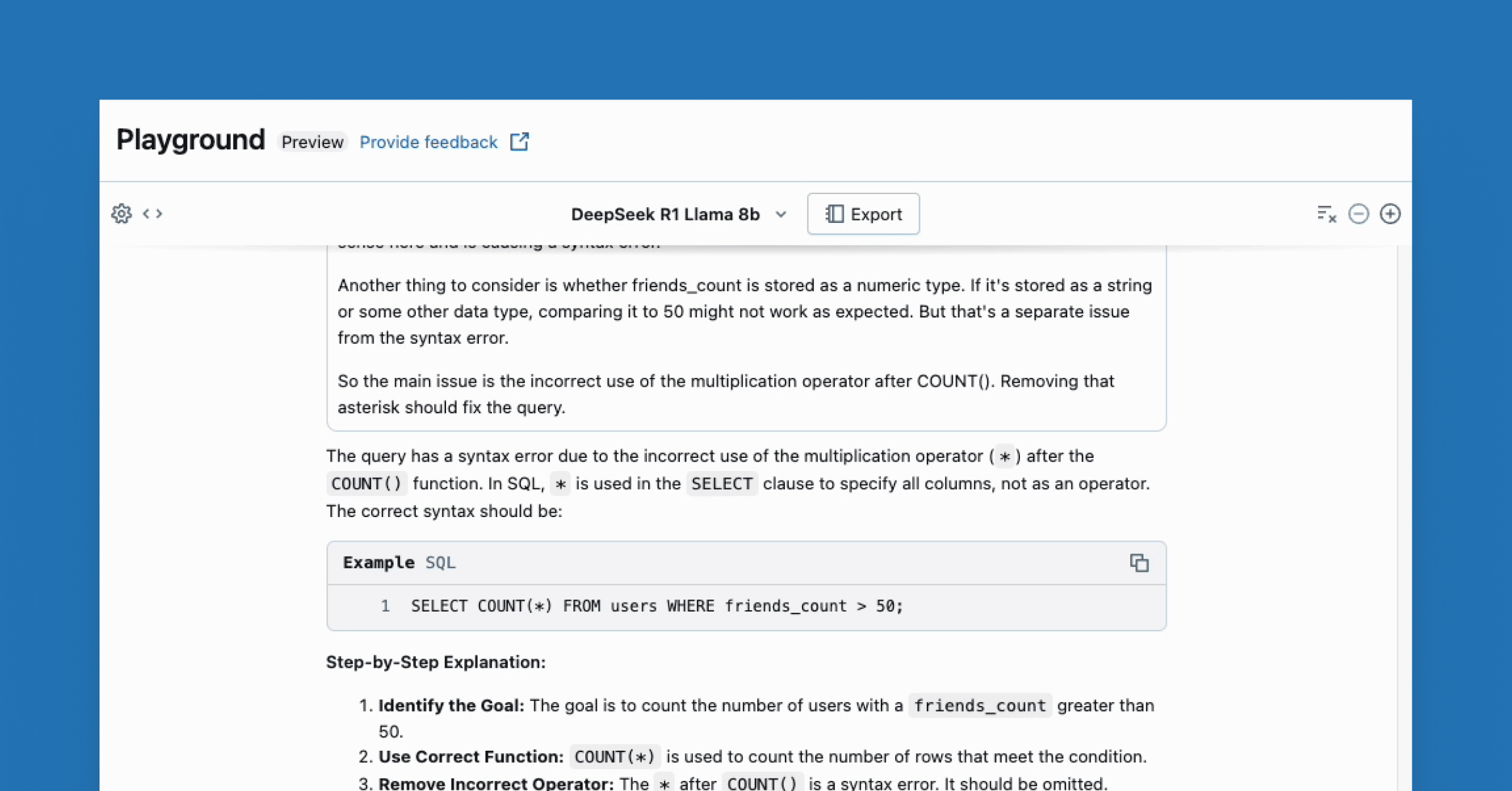データもAIもタグで一元管理! Unity Catalogの「Governed Tags」(Public Preview)で、 セキュアかつ一貫したタグ付けを実現し、探索・コンプライアンス・コスト管理をスマートに。
Summary
- ガバナンスタグを使用することで、信頼できるデータセットを見つけやすくなり、ガバナンスおよびコンプライアンス要件を満たし、コストを正確に追跡することが可能になります。
*アカウントレベルのタグポリシーは、Unity Catalog内のすべてのカタログとワークスペースでメタデータを一貫させます。 - 管理者は許可される値を定義し、誰がそれらを適用できるかを制御し、すべてのデータとAIアセット全体で一貫した使用を強制することができます。
本日、AWS、Azure、Google Cloudの全リージョンで 「Governed Tags」 のパブリックプレビュー提供開始を発表しました!
Unityカタログ(UC)のタグは、データ探索・コスト管理・アクセス制御など幅広く活用されています。しかし利��用が拡大するにつれ、チームごとのタグ付けのばらつきが問題になることがあります。
たとえば、あるチームは「finance」、別のチームは「fin」とタグを付けた場合、検索・監査・ガバナンスポリシーが不完全になってしまいます。その結果、コンプライアンス対応が難しくなり、セキュリティの統制やコストの正確な把握も複雑化してしまいます。
「Governed Tags」は、この課題を解決するために導入されました。アカウントレベルでタグポリシーを定義できるようになり、アカウント管理者やデータスチュワードが「誰がタグを使えるか」「どんな値が許可されるか」「どのオブジェクトに適用できるか」を明確に管理できます。
これらのタグは、テーブル・ビュー・ボリューム・カタログ・スキーマ・カラムなどのUCオブジェクトに適用でき、今後はダッシュボードやノートブックなどのワークスペースレベルのオブジェクトにも対応予定です。
アカウント内のすべてのワークスペースで統一的に機能するため、データ探索・セキュリティ・コストレポートの一貫性を大規模環境でも確保できます。

このブログでは、主要な使用事例、既存のタグとの連携方法、そしてこれからの予定について説明します。
Governed Tagsを使用するタイミング
タグは、チームの日常的な問題を解決するときに最も価値があります。ガバナンスタグは、タグ付��けをより信頼性のあるもの、一貫性のあるものとし、それにより発見、ガバナンス、コスト管理全体に実際の利点をもたらします。以下は、組織がそれらを利用できる3つの一般的な方法です。
ディスカバリー
一貫したタグ付けにより、データの検索が容易になります。Governed Tagsを使用すると、ユーザーが「マーケティング」を検索すると、metastore全体のすべてのマーケティングデータセットが表示され、"mktg"とラベル付けされたアセットを見逃すことはありません。チームは、データセットを"ML_ready"とマーキングするなど、自由形式のタグをアドホックな編成に利用することもできます。将来的に、ガバナンストグは認証と非推奨もサポートするため、ユーザーは信頼性のあるデータ、または時代遅れのデータをすぐに識別できます。
ガバナンスとコンプライアンス
ガバナンストグは、全てのDatabricksアカウントとワークスペースにわたるスケーラブルなガバナンスのための分類と監査を簡単にします。 データ分類が有効にされていると、機密性の高い列が自動的にタグ付けされ、機密データの発見とコンプライアンスが拡大します。これに属性ベースのアクセス制御 (ABAC)のポリシーを組み合わせると、機密データ(例えば、個人識別情報(PII))が指定したユーザーのみがアクセス可能なデータプラットフォームになります。
コスト割り当てと最適化
タグは、使用状況とコストを追跡することも可能です。例えば、データセットに「コストセンター:ファイナンス」というタグを付けると、ストレージとクエリの支出をファイナンスチームに容易に帰属させることができます。この可視性は、正確な課金還元とより良い予算編成を支援します。今後のリリースでは、ガバナンスタグがサーバーレス予算ポリシーと統合して、コストコントロールをさらに効率化します。
ガートナー®: Databricks、クラウドデータベースのリーダー

Governed Tagsが既存のUCタグ割り当てとどのように連携するか
Governed Tagsは、既存のUCタグ割り当てを削除または上書きしません。特権ユーザーがガバナンスタグを作成すると、すべての既存のタグ割り当ては自動的にガバナンスされ、新しいタグポリシー��にリンクされます。UIでは、Governed Tagsは青色で表示され、ロックアイコンが表示されていて保護されていることがわかります。

たとえば、誰かがデータセットに「costcenter: finance」ではなく「costcenter: fin」と誤ったタグを付けていたとします。
Governed Tagsを有効化しても、その既存の誤ったタグ(fin)は自動的には削除されません。既に利用中のチームの処理が壊れないよう、そのまま残ります。ただし、それ以降は新たに「fin」という値を追加することはできなくなります。許可されるのは「finance」のみです。
このため、各チームには段階的にGoverned Tagsを導入し、既存のタグと許可すべき値を正しく把握したうえで展開することをおすすめします。
タグ運用のベストプラクティスについては、こちらをご覧ください。

ガバナンスタグの使い方と今後の展望
Governed Tagsは、本日からAWS、Azure、GCPのすべてのサポート地域で、パブリックプレビューで利用することができます。
- 開始するには:Unityカタログの管�理体験にアクセスし、Governed Tagを作成します。詳しくは、デモビデオをご覧ください。
- ドキュメント:Governed Tagsのドキュメンテーション(AWS、Azure、Google Cloud)の設定詳細をご覧ください。
- ロードマップ:今後のリリースでは、ワークスペーススコープのアセットなど、多くのアセットタイプへのガバナンスタグの拡張、サーバーレス予算ポリシーなどの機能との統合を予定しています。
- 私たちのData + AI Summitセッションをチェックしてみてください: ABAC、ガバナンスタグ、データ分類など、私たちのオンデマンドセッションでは、規模に応じたデータガバナンスをカバーしています

